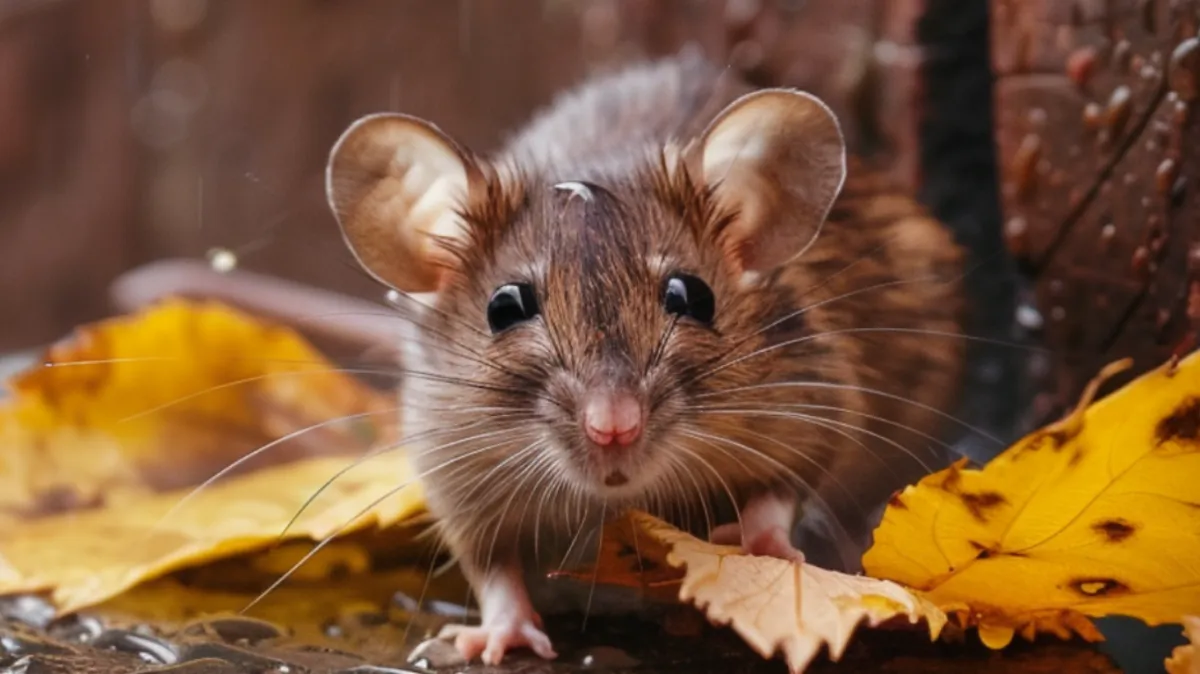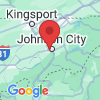The Shield Pest Journal
Check out Shield Pest Appalachia’s most recent blog posts for helpful pest prevention and control suggestions. Our blog covers from detecting common pests to creating tailored solutions in the Tennessee and Virginia areas. Do you have a pest-related question? Contact us today for experienced guidance and solutions targeted to your specific needs.

Fall Pest Proofing: Preparing Your Home for Cooler Months
Seal Up Entry Points
Inspect Your Home: Take a walk around your home’s exterior and look for any cracks, holes, or gaps in the foundation, windows, and door frames. Common entry points for pests are where utility lines enter the house. Use silicone caulk or expanding foam to seal these openings.
Maintain the Yard
Clean Up the Garden: Trim back tree branches and shrubbery that touch your home. Overgrown vegetation can provide highways for pests to enter your home. Clear out leaves and debris from your gutters to prevent standing water, which can attract pests.
Fortify the Garage
Garage Door Seals: Ensure that the seals around your garage door are intact. Mice can squeeze through gaps as small as a dime. Installing door sweeps on exterior doors can also help keep pests out.
Food Storage and Waste Management
Secure Food Sources: Keep food in sealed containers and dispose of garbage regularly in sealed receptacles. Pests are attracted to food and crumbs, so maintaining a clean kitchen can help deter them.
Reduce Moisture Sites
Fix Leaks: Check for leaking faucets, water pipes, and AC units. Pests like cockroaches and centipedes thrive in moist environments. Keeping your home dry can discourage pests from moving in.
Understanding Pest Behavior
Educate Yourself: Knowing what attracts pests to your home and when they are most active can help you prevent infestations. Fall is a critical time because many pests prepare for winter by finding food and shelter.
Prepare Interior Spaces
Inside Checks: Don’t forget the inside of your home, especially basements, attics, and crawl spaces. These areas are ideal for pests to hide and nest. Regularly inspect and clean these areas, and consider using dehumidifiers in damp parts of your home.
Customized Pest Proofing Strategies
Tailored Solutions: Each home is unique, and so are its vulnerabilities to pests. Shield Pest Appalachia offers customized pest proofing plans that consider your specific needs and risks, ensuring optimal protection.
Pet Pest Prevention
Proper pet care is essential to minimize this risk and ensure both your home and your pets remain pest-free.
Regular Grooming
Regular grooming is crucial for pest prevention. Frequent brushing helps to remove any bugs that may have latched onto your pet’s fur. Baths with flea and tick shampoos are especially effective after your pet has been in areas known for high pest activity, such as wooded or grassy areas.
Maintaining Pet Areas
Keep sleeping areas clean by regularly washing pet bedding and any soft furnishings that your pet frequents. This not only minimizes the risk of pest infestations but also helps to eliminate any eggs or larvae that may have been brought indoors.
Flea and Tick Preventatives
Utilize vet-recommended flea and tick preventatives year-round. These products, whether topical treatments, collars, or oral medications, are crucial for keeping pests at bay and can prevent a multitude of problems before they start.
Secure Food Storage
Ensure pet food is securely stored in airtight containers to avoid attracting pests like ants and rodents. Additionally, regularly clean feeding areas and bowls to maintain a hygienic eating environment for your pets.
DIY Insulation Checks
Here’s a straightforward guide for homeowners to inspect and improve insulation to keep their homes snug and pest-free.
Inspecting Your Insulation
Begin by checking the most common points of entry for pests and heat loss, such as windows, doors, attics, and basements. Look for signs of deterioration or damage in the insulation, such as holes, thinning, or wet spots. Don’t forget to inspect around pipes and electrical outlets, which are often overlooked entry points for both air leaks and pests.
Sealing Gaps
Use caulk to seal any gaps or cracks in the walls, especially where utility lines enter your home. For larger gaps around windows and doors, consider using weather stripping or expanding foam insulation. These materials not only block entry points but also improve the energy efficiency of your home by keeping warm air in and cold air out.
Upgrading Insulation
If your insulation is outdated or insufficient, it may be time for an upgrade. Materials such as fiberglass, cellulose, or spray foam can provide a robust barrier against the cold and pests. Attics and basements benefit significantly from proper insulation as these areas are prone to dramatic temperature shifts, which can attract pests
Regular Maintenance
Regularly check and maintain your insulation, especially after extreme weather conditions, which can compromise its integrity. Keeping your insulation in good condition helps ensure it continues to function effectively as both a thermal barrier and a pest deterrent.
By taking these proactive steps, you can enjoy a cozy, pest-free home this fall. Shield Pest Appalachia is here to help you every step of the way, from initial inspections to tailored treatments and follow-ups. For more information on our services and how we can assist you in securing your home for the cooler months, visit our website https://shieldpesttn.com/. Secure your peace of mind with us and keep those fall pests at bay!
Office:
1300 University Pkwy, Johnson City, TN 37604, United States
Call
423-379-2775
Copyright 2024. All Right Reserved.

